Car coolant, also known as antifreeze, which plays a vital role in regulating engine temperature and preventing overheating. In this guide, we will explore different types of car coolant, including ethylene glycol-based and propylene glycol-based coolants. For each type, we will delve into their advantages, disadvantages, working principles, compatibility with various engines, environmental impact, and their maintenance requirements.
What is a Car Coolant?
Car coolant, often called antifreeze, is a critical fluid for your car’s engine health and it acts like a dual-threat protector. Primarily, it regulates engine temperature as the engine runs, it generates a lot of heat. The coolant absorbs this heat and carries it away from the engine to the radiator and the radiator then releases the heat into the air flowing through the car’s front grill which prevents the engine from overheating, which could cause serious damage. Coolant also protects your engine in freezing weather.
Car Coolant Names List
Antifreeze coolant, commonly referred to as car coolant, keeps engines from overheating. Additionally, coolant lubricates the moving parts it comes into contact with, preventing damage to the cylinder, piston timing, head gasket, water pump, and other components. The different types of car coolant are given below.
- Inorganic Acid Technology
- Organic Acid Technology
- Hybrid Organic Acid Technology
- Prediluted Coolant
- Concentrated Coolant
Types of Car Coolant
In order to keep your car operating at its best, coolant transmits heat and gives an engine antifreeze protection. Fuel is burned in internal combustion engines to produce energy. The engine utilises a portion of this energy to propel the car forward. Heat is produced by converting the leftover energy and the different types of car coolant is given below with its description.
|
Technology |
Description |
| Inorganic Acid Technology (IAT) | Traditional coolant, commonly green or yellow in colour. |
| Organic Acid Technology (OAT) | Newer coolant formulation, often orange or pink in colour. |
| Hybrid Organic Acid Technology (HOAT) | Combines properties of IAT and OAT. |
| Prediluted Coolant | Comes pre-mixed with water at a specific ratio (usually 50/50). |
| Concentrated Coolant | Requires mixing with distilled water in the recommended ratio (consult your owner’s manual). |
Car Coolant Types: Breakdown of Advantages and Disadvantages
Different types of car coolant types each with a particular category and its advantages and disadvantages is given below.
By Technology
-
Inorganic Acid Technology (IAT)
Inorganic Acid Technology (IAT) coolant contains silicate additives that provide corrosion protection for metal components in the engine’s cooling system and has effective heat transfer properties and is generally affordable as compared to other coolant.
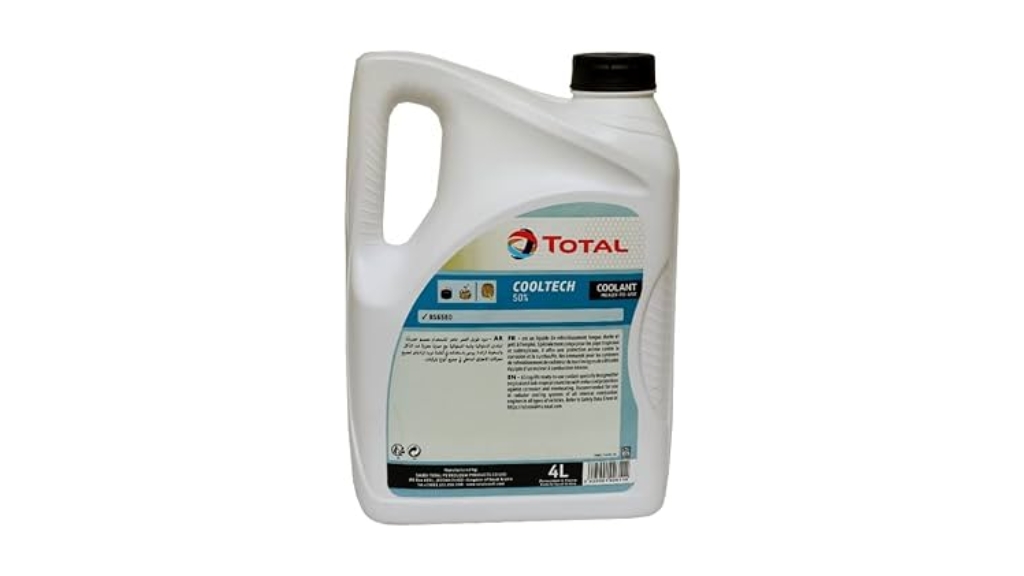
Advantages: Affordable and readily available at most automotive stores.
Disadvantages: Can be corrosive to engine components like aluminium and plastic over time, especially if not changed regularly.
-
Organic Acid Technology (OAT)
Organic Acid Technology (OAT) coolant uses organic acids to provide corrosion protection for engine components, offering longer service life and compatibility with modern engine materials and it does not contain silicates, phosphates, or other traditional additives, reducing the risk of deposits and improving cooling system efficiency.
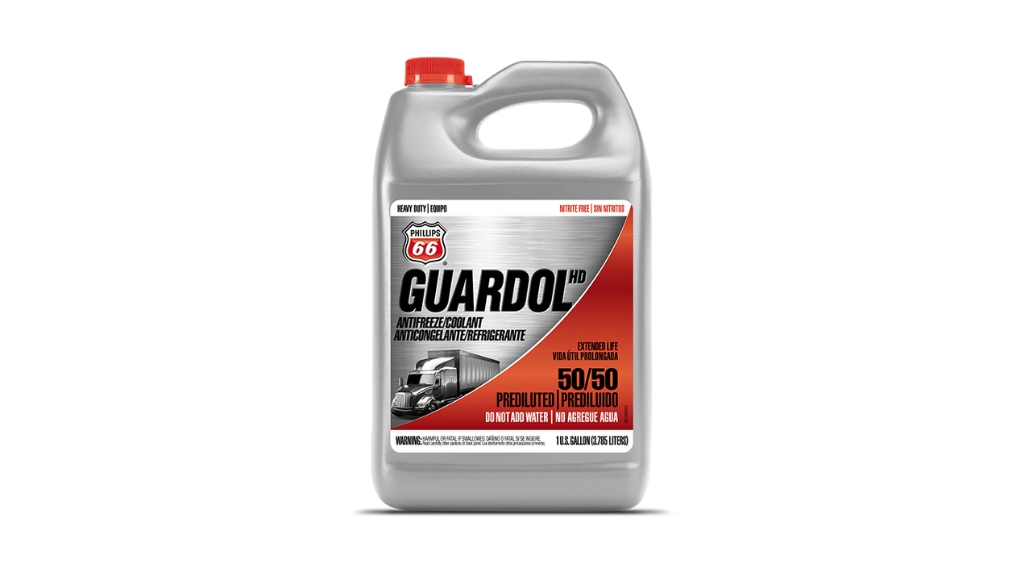
- Advantages: Offers a longer lifespan, lasting 4 years or more in some cases. OAT coolants provide superior corrosion protection for modern engines with aluminium components.Disadvantages: Comes at a higher price point compared to IAT. OAT coolants are not compatible with all vehicles, so it’s crucial to consult your owner’s manual before using it.
-
Hybrid Organic Acid Technology (HOAT)
Hybrid Organic Acid Technology (HOAT) coolant combines the corrosion protection of both organic and inorganic additives, offering a balance of performance and compatibility and it provides extended service intervals and effective protection against corrosion for various engine materials.
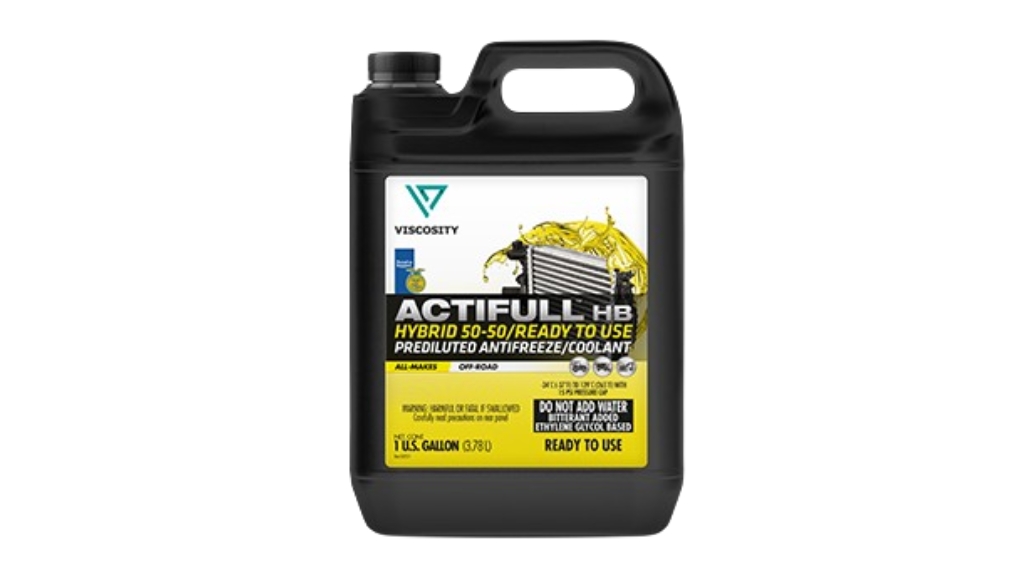
- Advantages: Combines the extended lifespan of OAT with good corrosion protection properties and are generally more universally compatible than straight OAT.Disadvantages: More expensive than OAT coolants. While offering good protection, HOAT might not be necessary for all cars, especially older models.
By Pre-Mixing
-
Prediluted Coolant:
Prediluted coolant is pre-mixed with water to the correct ratio for immediate use, eliminating the need for dilution and it is convenient and ensures proper coolant concentration for optimal engine protection.
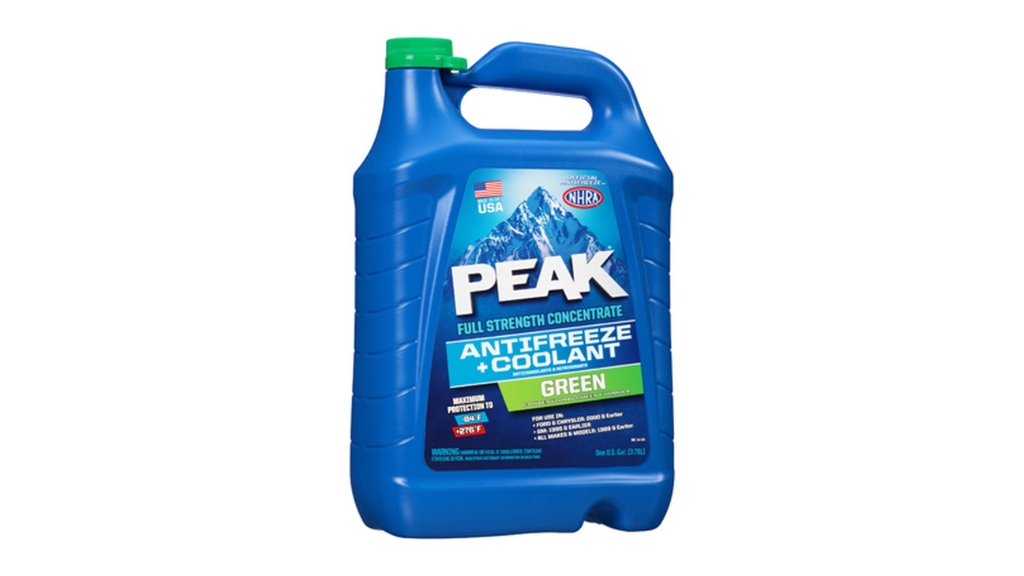
Advantages: Convenient option as it comes pre-mixed with water at a specific ratio, typically 50/50 which eliminates the need for measuring and mixing coolant concentrate with water yourself.
Disadvantages: Offers limited selection in terms of coolant/water ratios and might not be suitable for all climates.
-
Concentrated Coolant:
Concentrated coolant requires dilution with water before use, allowing flexibility in achieving the desired coolant-to-water ratio based on climate and engine requirements and offers cost savings and reduces packaging waste compared to prediluted coolant.
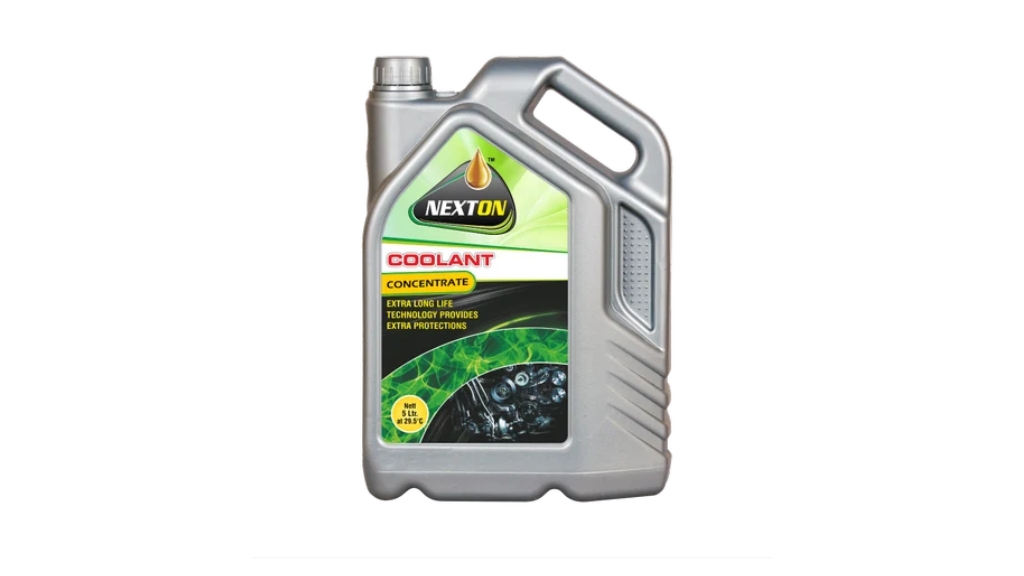
Advantages: It is a more economical option because you only pay for the concentrated coolant. It allows you to customise the water/coolant ratio based on your climate.
Disadvantages: It requires the extra step of mixing the coolant with distilled water in the correct ratio.
Conclusion
There are different coolant technologies, each with pros and cons. Traditional green coolant is affordable but needs more frequent changes and extended-life coolants (pink or orange) last longer but are pricier. So consult your car manual for the recommended type.
You can also refer to vecrep.com verified garages to know about different types of car coolant which is suitable for your car with its advantages and disadvantages.






Leave a Reply